Obama has two weeks left in office.
The first attacks on US election infrastructure took place during the summer of 2016.
Citing increasingly sophisticated cyber bad actors and an election infrastructure that’s “vital to our national interests,” Homeland Security Secretary Jeh Johnson is designating U.S. election systems critical infrastructure, a move that provides more federal help for state and local governments to keep their election systems safe from tampering.
“Given the vital role elections play in this country, it is clear that certain systems and assets of election infrastructure meet the definition of critical infrastructure, in fact and in law,” Johnson said in a statement Friday. He added: “Particularly in these times, this designation is simply the right and obvious thing to do.”
The determination came after months of review and despite opposition from many states worried that the designation would lead to increased federal regulation or oversight on the many decentralized and locally run voting systems across the country. It was announced on the same day a declassified U.S. intelligence report said Russian President Vladimir Putin “ordered” an influence campaign in 2016 aimed at the U.S. presidential election.
This is simply Rahm Emanuel’s “never let a crisis go to waste” in action. It also demonstrates that the entire Homeland Security “critical infrastructure” program is little more than creeping totalitarianism.
Since its inception in 2013, the “critical infrastructure” program has basically designated everything in the nation as critical infrastructure. Obama has long looked at the election system as something he’d like to bring under federal control but which would cause too much pain because there is widespread opposition.
Right now lame duck Homeland Security Secretary Jeh Johnson claims participation will be voluntary:
“Regardless of whether some aspect of election infrastructure is considered critical infrastructure, DHS assistance is strictly voluntary and does not entail regulation, binding directives, and is not offered to supersede state and local control over the process. The DHS role is limited to support only.”
That, however, is not the pattern of what happens when Homeland Security gets involved. Each sector that has been designated as “critical infrastructure” has seen “voluntary” standards codified into laws and regulations.
The President has the power to change the language of the Presidential Policy Directive-21 to include election infrastructure among the list of 16 other critical infrastructures. The executive branch would then have the power to dictate policies that local precincts operate under and many state officials believe this would affect elections and undermine federalism.
A gap in the executive branch’s argument for critical infrastructure designation is that the ballot boxes, the pieces of infrastructure that really matter, are not even connected to the Internet. Everything that has been hacked so far has been connected to the Internet, which is what has allowed hackers to break in. An attack would have to be physical for it to actually affect the results of an election, and there are currently no credible physical threats to our ballot boxes.
Another fear is that DHS involvement in election infrastructure security would result in codified standards as it did with DHS involvement in chemical plants that led to the passage of a chemical facility anti-terrorism standards program. Most consider the chemical plant standards to be a good thing even though it mandates the facilities adhere to certain standards. However, similar mandatory procedures for election infrastructure would have a very different connotation.
Overall, opponents of this critical infrastructure designation of our election infrastructure are blaming the executive for using fear as a tool to tighten its grip on the states and push for a nationalized election system that is contrary to principles of federalism. The uniqueness of elections when compared to any other infrastructure is that they can be an extremely divisive part of our society. Everyone wins when the executive branch protects the power grid, but someone is guaranteed to lose an election. This creates a situation in which one group of people may feel like the standards that the executive branch imposed, or the mere presence of executive branch employees in their precinct, affected the results of their election.
In December, a series of cyberattacks directed against Georgia’s elections infrastructure was defeated and the source of the attack was pinpointed as having originated with DHS offices. This is a provocation in the same league as Fast & Furious where the Obama administration broke the law to try to create a fact pattern that would allow greater federal intervention.
This decision needs to be rescinded. While it is entirely appropriate for Johnson to recommend that his successor make this designation, it is wildly and grotesquely inappropriate for him to make the decision, without input from state and local officials, as the U-Haul is being loaded with his crap. This is a cheap and transparent power grab by a failed administration. The elections are over for two years. The Russian hack of the DNC’s server, even though it has nothing to do with elections, has created the crisis mentality, along with his very lame duck status, has created an environment where he can take this action and his use of the US Intelligence Community to claim that the Russians wanted Trump to be president will limit the ability of Trump’s Homeland Security secretary to roll back the action.
This entire program needs to be either rescinded or it needs to be converted into federal law with clear limitations on the ability of the executive branch to dictate standards.

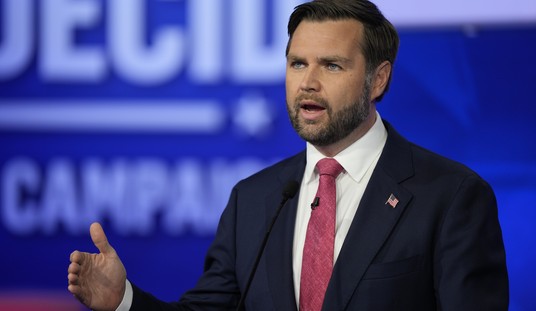

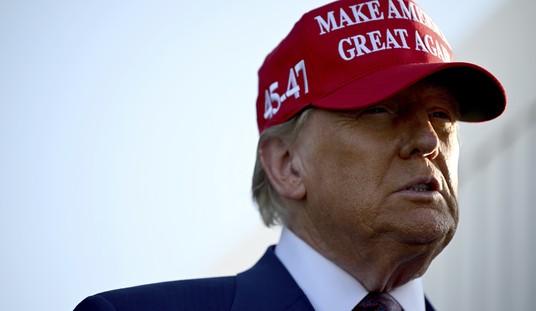


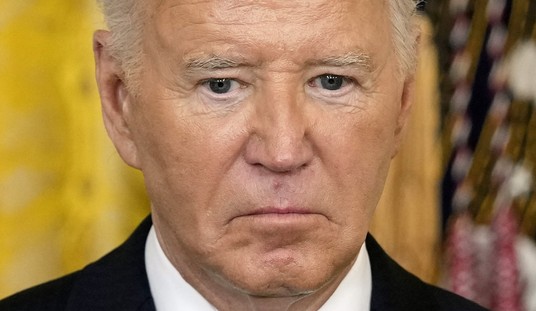


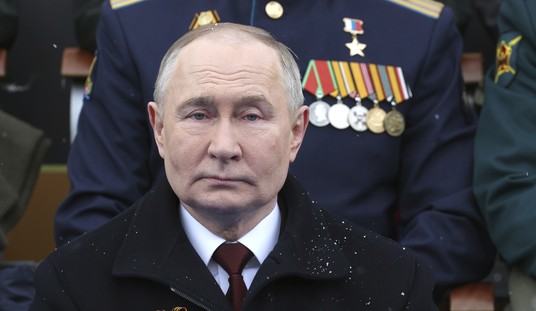
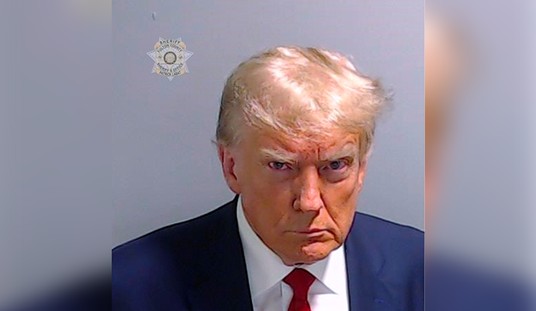

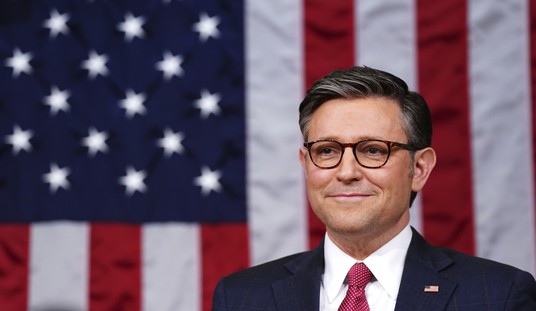

Join the conversation as a VIP Member